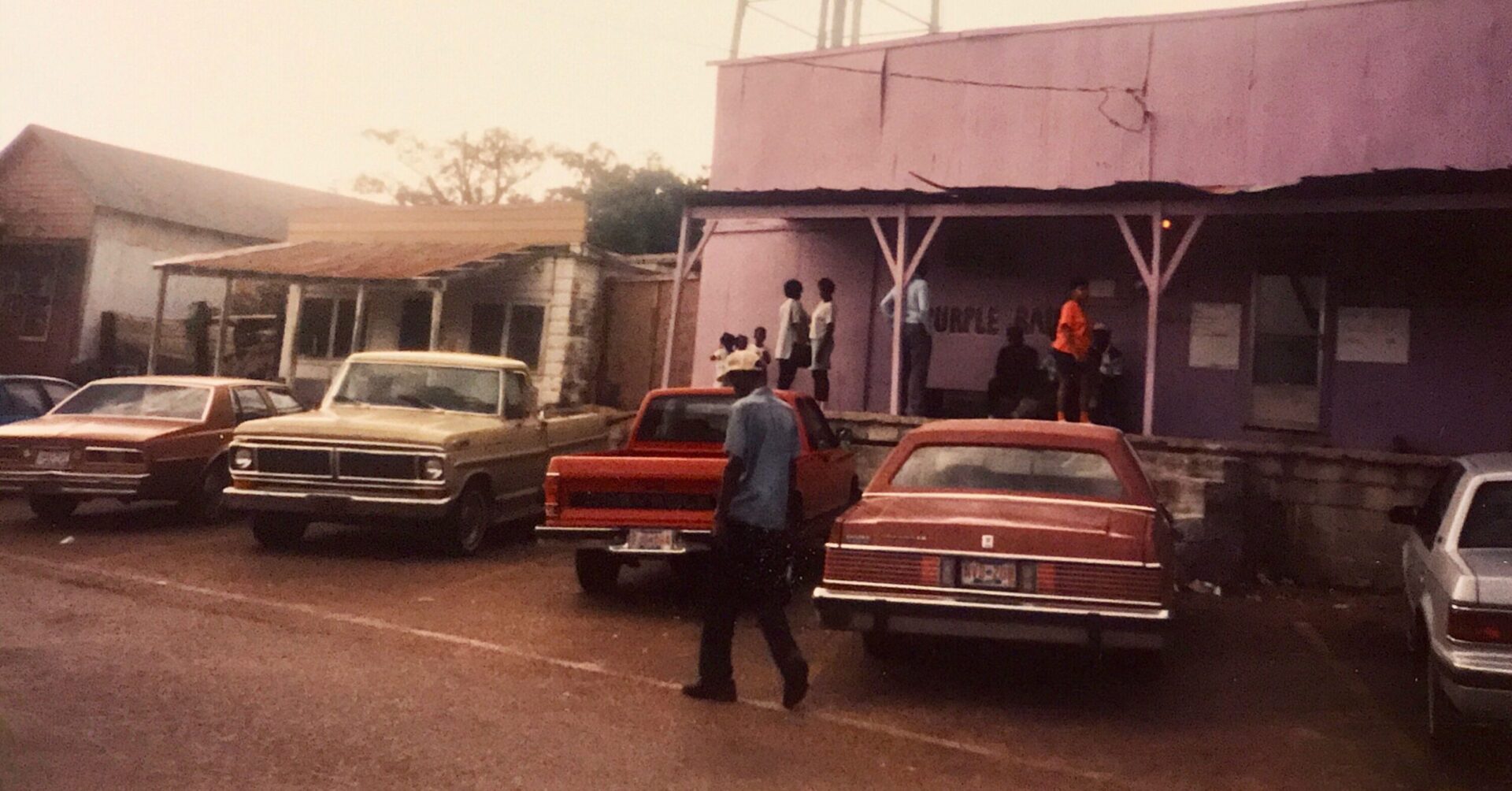To all intents and purposes, Radio City is a pretty strange album too. As with the later Third (which I spent enough time rattling on about yesterday), it wasn’t quite the work of a band at all. Members come and went, the sessions were irregular and erratic – a couple of the songs were even recorded by a scratch band in Chilton was the only member of Big Star actually present. They, incidentally, called themselves the Dolby Fuckers – the name allegedly stemming from Chilton’s cluelessness about certain studio gizmos (ie: “What the hell are these Dolby fuckers?”)
Yet, for all the haphazardness of its construction, it’s a damn tight bunch of performances – albeit veering far from the glistening power pop of #1 Record. Sure, Chris Bell’s fingerprints are smudged across a couple of the tracks here, like ‘Back of a Car’ – one of the only things that rocks in the same determined way as its predecessor. Otherwise, Chilton’s material – although expertly played – is surprisingly slack; ‘Mod Lang’ and ‘Life Is White’ are hazy stoned paeans to not much at all, while ‘She’s a Mover’ may be the only Big Star song that choogles.
It’s an incredible record in its own terms, and you couldn’t really pick a stand-out if you tried…save, of course, for one song in particular. You can probably guess which one I’m talking about.
[pictured above – alternate cover for Radio City. Photo by William Eggleston. L-R: Jody Stephens, Andy Hummel, Alex Chilton]
The Young Willie Mitchell and Ruben Cherry’s Home of the Blues Records
Apparently Stomper Time Records (UK) is going to begin to document the superb and short-lived Home of the Blues label that Ruben Cherry and Celia …



